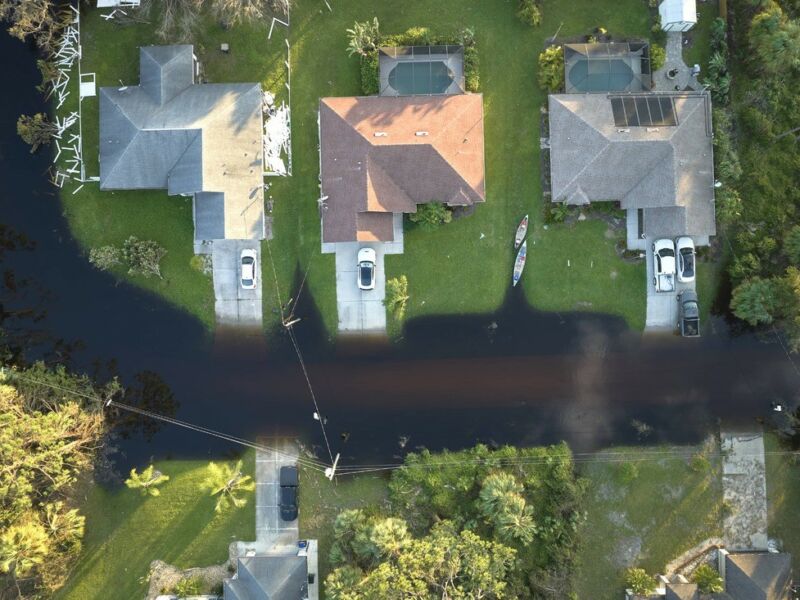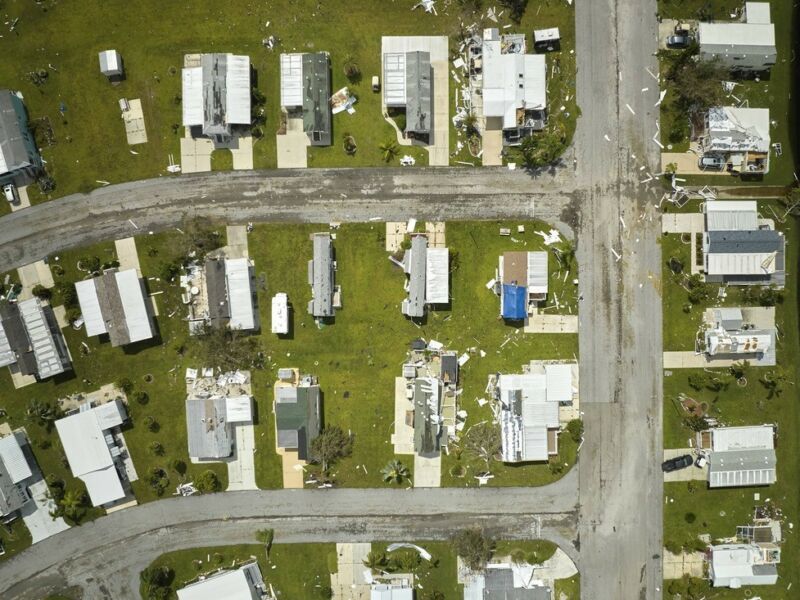
Introduction
Emergency preparedness is crucial for individuals of all ages, but it becomes even more critical for seniors. As older adults may have unique challenges and vulnerabilities during emergencies, it is essential to ensure they are well-prepared to face any situation that may arise. This article aims to provide comprehensive guidance and tips for emergency preparedness for seniors, enabling them to safeguard their safety and well-being.
The Importance of Emergency Preparedness for Seniors
As individuals age, their physical abilities may decline, and they may require additional assistance and support. During emergencies, such as natural disasters or public health crises, seniors may face increased risks and challenges due to mobility issues, chronic health conditions, and reliance on specific medications or medical devices. Therefore, emergency preparedness for seniors is crucial to:
- Ensure their safety and well-being
- Minimize risks and potential harm
- Enable them to quickly respond and adapt to emergency situations
- Facilitate effective communication with emergency responders and support systems
Key Tips for Emergency Preparedness for Seniors

1. Create an Emergency Plan
Seniors should develop a comprehensive emergency plan that covers various scenarios. This plan should involve:
- Identifying emergency contacts and establishing communication methods
- Mapping out evacuation routes and safe locations
- Preparing necessary emergency supplies, including medications, portable oxygen tanks, and medical records
- Ensuring access to vital documents, such as identification cards, insurance policies, and medical information
2. Build a Support Network
Seniors should establish a support network of family members, friends, neighbors, or caregivers who can assist during emergencies. This network can provide essential help with transportation, communication, and other necessary tasks. Regularly communicate and update this support network to ensure their availability and willingness to assist during emergencies.
3. Prepare an Emergency Kit
Seniors should have an emergency kit ready with essential supplies to sustain them for at least 72 hours. This kit may include:
- Non-perishable food items and water
- Medications and medical supplies
- Flashlights, batteries, and a portable radio
- Extra clothing, blankets, and bedding
- Copies of important documents
- A first-aid kit
4. Consider Mobility Aids
Seniors with mobility challenges may require specific aids during emergencies. It is important to ensure that assistive devices such as canes, walkers, wheelchairs, or mobility scooters are easily accessible and in proper working condition. If necessary, consider additional alternatives, such as portable ramps or stair climbers, to facilitate safe evacuation.
5. Stay Informed
Seniors should stay updated with information from reliable sources, such as local news stations, emergency management agencies, and community organizations. Familiarize yourself with emergency protocols, evacuation routes, and the location of nearby emergency shelters. Consider registering for emergency alert systems or subscribing to relevant notification services to receive timely updates.

6. Maintain Health and Medication Management
It is crucial for seniors to prioritize their health and medication management, especially during emergencies. Ensure an ample supply of prescription medications, over-the-counter drugs, and medical equipment. Develop a system to regularly check expiration dates and refill prescriptions well in advance. Communicate with healthcare providers to create an emergency healthcare plan.
Additional Resources and Support
Seniors can seek additional resources and support to enhance their emergency preparedness efforts:
- Federal Emergency Management Agency (FEMA) – Resources for Seniors
- Ready.gov – Emergency Preparedness for Older Adults
- American Red Cross – Preparing Seniors for Emergencies
Conclusion
Emergency preparedness is crucial for seniors to ensure their safety and well-being during various emergencies. By following the tips and strategies outlined in this article, seniors can effectively prepare for emergencies and overcome the unique challenges they may face. Remember to regularly review and update your emergency plan, maintain necessary supplies and support networks, and stay informed about local emergency protocols. With proper preparation and proactive measures, seniors can navigate emergencies with confidence and peace of mind.


